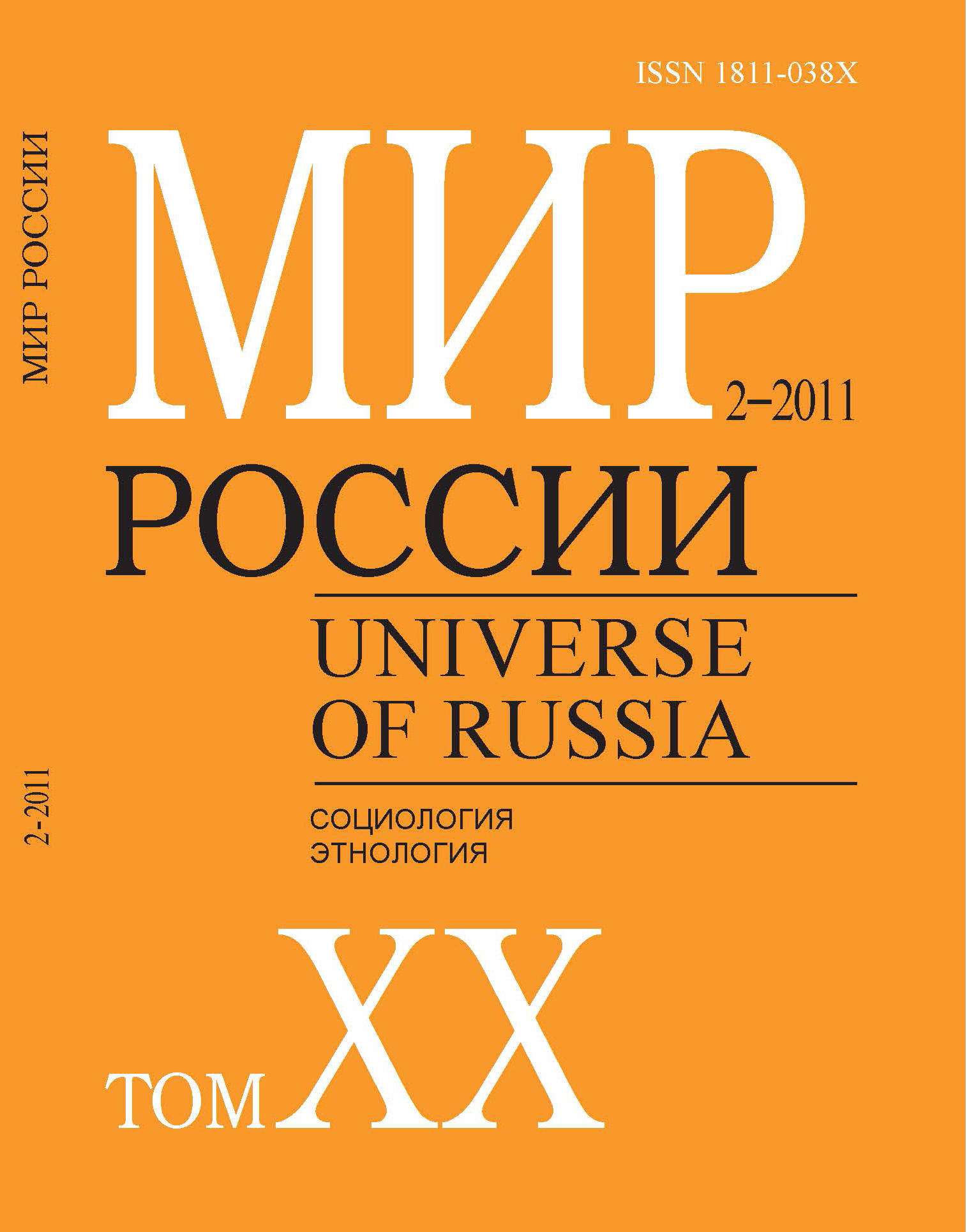Twenty Years of Reforms: Interim Results?
Abstract
Grigory Yavlinsky — Chairman, Expert Council on Economic Reforms of the New Economic Association. Address: 32, Nakhimovskii Ave., Moscow, 117218, Russian Federation.
Andrei Kosmynin — Head of the Analytical Service of the Russian United Democratic Party YABLOKO. Address: Bldg. 2, 31/2, Pyatnitskaya St., Moscow, 119017, Russian Federation.
The article deals with the key features of the socio-economic system that has developed in Russia for the past two decades. The reforms, which were initially declared as market-oriented and democratic, have led to a result that sharply differed from public expectations, as well as was contrasted the goals proclaimed by the initiators and supporters of social changes.
Thus, Russia failed to create an environment for efficient competition and a mechanism for market concentration and the accumulation of capital by efficient firms. It did not generate the necessary incentives for the productive use of resources or build a system of transparent economic rules to be respected by all key economic actors.
Instead, a political and economic system has been established in Russia that is different from the classical concepts of market democracy and the principles of its functioning. It should be noted that we deal with a special type of economy with its own inner logic, rather than only a transitional period from the planned to the market economy. The relations and institutions incompatible with the modern concepts of an efficient market economy represent a full-fledged element of a functioning economic system rather than the relic of the past.
The system defined as, Peripheral Capitalism, has its internal logic and is capable not only of self-reproduction, but also of self-development. However, the Russian Peripheral Capitalism type does not allow, and will not allow, for a radical improvement of the situation in such vital areas as employment, modern standards of living, the demographic situation and ensuring security.
The reasons have led to the failure of the economic reform of 1990s include: the lack of clear vision in the Soviet economy; the errors made in determining the content and sequence of economic and social policy measures; disconnection between the declared goals of the reform and the real interests and incentives of those in power; and negligence — sometimes purposeful disregard of not only the specifics of the object of reform (the economy), but also its subject (the historical, cultural and psychological component).
The authors note that the obstacles for Russia’s modernization reforms lie in the historically deep alienation between the people (the society) and the government (the state); the elimination and disengagement of the society from government.
Such a gap makes it extremely difficult or even impossible in the present situation to reveal the intellectual and creative potential of the nation. Instead, a specific reaction to the actions of the state — a so called ‘escape’— is observed. The ‘escaping’ people neither resist the state, nor support it.
The fundamental failure of the reforms of 1990s from a socio-cultural point of view is that Russia still has not managed to overcome this gap. As a result, despite the positive modernization potential in society, accumulated throughout decades, the reforms destroyed the pivots for modernization and boosted archaic complexes.
Today’s government policy still appeals to the most destructive elements of social consciousness, its most backward and conservative forms and behavior patterns, and determines the motion vector towards degradation and mental sluggishness.
At the same time, the authors make a conclusion that a social base for an alternative program of reforms still exists in Russia. If society can perceive different activating signals — equality before the law, independence of the judiciary system, inviolability of property, accountability of the authorities, etc. — the people can become a conscientious supporter and actor in the reform.






